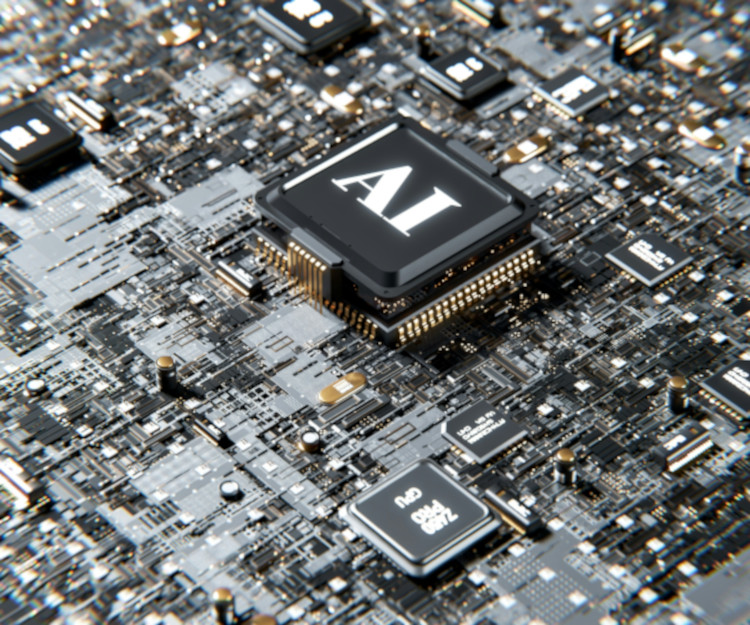The Quantum Leap of AI: A Double-Edged Sword for Humanity's Future

The impending fusion of artificial intelligence (AI) and quantum computing stands as a technological horizon with immense potential for revolutionizing human society. This marriage, where the computational prowess of quantum mechanics meets the learning and adaptive capabilities of AI, promises breakthroughs in fields ranging from medicine and material science to finance and climate modeling. Yet, as with any transformative technology, this union presents a double-edged sword, raising profound ethical and societal questions that necessitate careful consideration and proactive regulation.
Quantum computing harnesses the principles of quantum mechanics, utilizing qubits that can exist in multiple states simultaneously, enabling exponentially faster calculations compared to classical computers. This computational power, when combined with AI's ability to learn from data and make decisions, could unlock unprecedented problem-solving capabilities. Complex simulations for drug discovery, optimization of intricate systems like supply chains, and deciphering the complexities of the universe could become achievable, propelling scientific and technological progress to new heights.
In the realm of medicine, quantum-enhanced AI could revolutionize drug development by rapidly simulating molecular interactions, accelerating the discovery of new therapies and personalized treatments. Climate modeling, a field crucial for understanding and mitigating the effects of global warming, could benefit immensely from the increased computational power, enabling more accurate predictions and informing effective policies. The financial sector could witness enhanced risk assessment models and optimized investment strategies, while material science could unlock novel materials with properties tailored for specific applications.
However, the convergence of AI and quantum computing also raises concerns about potential misuse and unintended consequences. The sheer computational power of quantum computers could break current encryption standards, jeopardizing sensitive data and undermining cybersecurity. Autonomous weapons systems empowered by quantum-accelerated AI could pose grave threats to global security if not carefully regulated. Moreover, the potential for biased algorithms to be amplified by quantum speed raises ethical dilemmas regarding fairness, discrimination, and the exacerbation of societal inequalities.
The development and deployment of such powerful technologies demand a robust framework for governance and oversight. International collaboration is crucial to establish ethical guidelines, technical standards, and regulatory measures that ensure the responsible and equitable use of quantum-enhanced AI. Transparency in research and development is paramount to foster public trust and understanding. Additionally, investments in education and workforce development are essential to prepare society for the changes wrought by this technological revolution.
To mitigate potential risks, researchers and policymakers must prioritize the development of "explainable AI" algorithms, where the decision-making processes of AI systems are transparent and interpretable. This would enable humans to understand and scrutinize the reasoning behind AI-driven outcomes, ensuring accountability and preventing unintended biases from perpetuating discriminatory practices. Furthermore, robust cybersecurity measures, including quantum-resistant encryption, must be developed and implemented to safeguard sensitive information and critical infrastructure.
The marriage of AI and quantum computing represents a pivotal moment in human history. The potential benefits are immense, but so are the risks. By embracing a proactive and responsible approach, guided by ethical principles and global cooperation, humanity can harness the transformative power of this technological union while mitigating its potential dangers. The choices we make today will determine whether this quantum leap propels us towards a brighter future or plunges us into unforeseen perils. The stakes are high, but the opportunity to shape a better world through technology has never been greater.